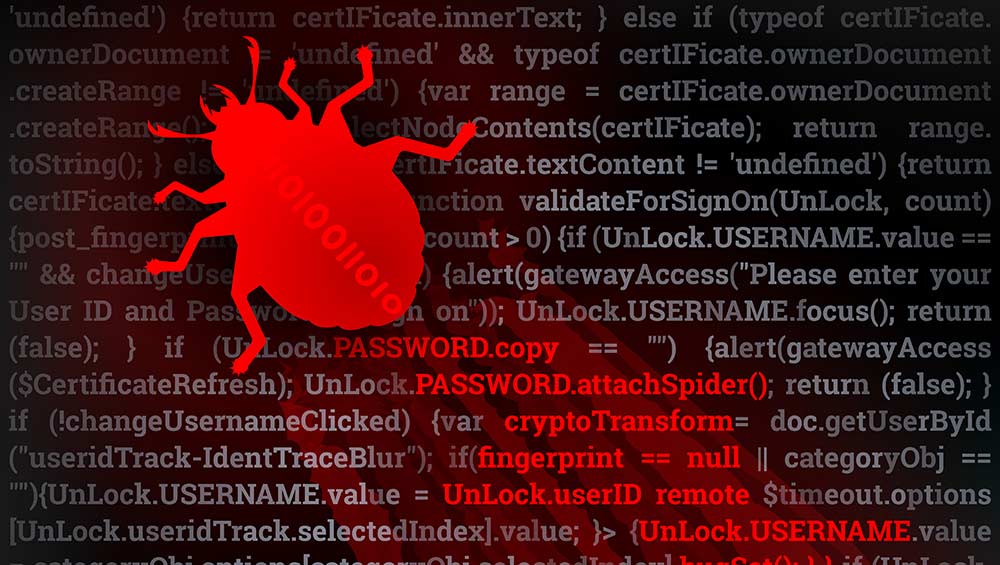Trojan taps and records Skype conversations
Symantec warns Skype users of a threat that could potentially listen in to their conversations.

Sign up today and you will receive a free copy of our Future Focus 2025 report - the leading guidance on AI, cybersecurity and other IT challenges as per 700+ senior executives
You are now subscribed
Your newsletter sign-up was successful
A trojan has been detected which can record Skype calls and send the conversations back to an attacker using an MP3 file.
Symantec researchers have seen the public availability of source code for a trojan that was "essentially acting as a wiretap and compromising confidentiality".
Detected as Trojan.Peskyspy, users could download the trojan through a social engineering tactics such as a successful phishing attack.
Once on a computer, the trojan uses an application that handles audio processes within, and save the call data as an MP3 file.
This keeps the audio file size small, which can speed up the transfer and avoid detection.
The file can then be sent over the internet to a server where the attacker can listen in to the conversation.
"The trojan is targeting Windows API hooks, a technique used to alter the planned behaviour of an application, that Microsoft has intended to be used by audio applications," said a Symantec spokeswoman.
Sign up today and you will receive a free copy of our Future Focus 2025 report - the leading guidance on AI, cybersecurity and other IT challenges as per 700+ senior executives
"The trojan compromises the machine and then through the hooking technique is able to eavesdrop on a conversation before it even reaches Skype, or any other audio application."
In a statement, Skype said that harmful viruses and trojans were endemic to the internet, and that it was aware of the trojan in question.
It strongly recommended that users follow security best practice, such as maintaining up-to-date antivirus, using personal firewalls or patching their computers.
-
 Palo Alto Networks CEO hails ‘the end of identity silos’ as firm closes CyberArk acquisition
Palo Alto Networks CEO hails ‘the end of identity silos’ as firm closes CyberArk acquisitionNews Palo Alto Networks' CEO Nikesh Arora says the $25bn CyberArk acquisition heralds "the end of identity silos" for customers, enabling them to supercharge privileged access management.
-
 Google says hacker groups are using Gemini to augment attacks
Google says hacker groups are using Gemini to augment attacksNews Google Threat Intelligence Group has shut down repeated attempts to misuse the Gemini model family
-
 CronRat Magecart malware uses 31st February date to remain undetected
CronRat Magecart malware uses 31st February date to remain undetectedNews The malware allows for server-side payment skimming that bypasses browser security
-
 Mekotio trojan continues to spread despite its operators’ arrests
Mekotio trojan continues to spread despite its operators’ arrestsNews Hackers have used it in 100 more attacks since arrests
-
 “Trojan Source” hides flaws in source code from humans
“Trojan Source” hides flaws in source code from humansNews Organizations urged to take action to combat the new threat that could result in SolarWinds-style attacks
-
 What is Emotet?
What is Emotet?In-depth A deep dive into one of the most infamous and prolific strains of malware
-
 Fake AnyDesk Google ads deliver malware
Fake AnyDesk Google ads deliver malwareNews Malware pushed through Google search results
-
 Hackers use open source Microsoft dev platform to deliver trojans
Hackers use open source Microsoft dev platform to deliver trojansNews Microsoft's Build Engine is being used to deploy Remcos password-stealing malware
-
 Android users told to be on high alert after Cerberus banking Trojan leaks to the dark web
Android users told to be on high alert after Cerberus banking Trojan leaks to the dark webNews The source code for the authenticator-breaking malware is available for free on underground forums
-
 Qbot malware surges into the top-ten most common business threats
Qbot malware surges into the top-ten most common business threatsNews An evolved form of the banking Trojan was distributed by number one-ranking Emotet in a campaign that hit 5% of businesses globally